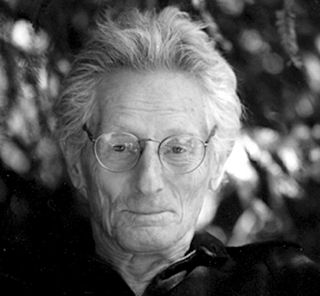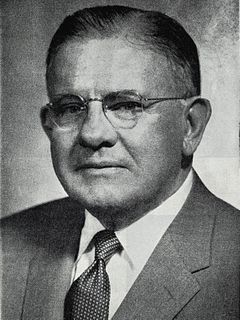A Quote by Georg C. Lichtenberg
It is a dangerous thing for the perfecting of our minds to gain applause by works that do not call forth the whole of our energies; for in that case one generally comes to a standstill.
Related Quotes
In doing good, we are generally cold, and languid, and sluggish; and of all things afraid of being too much in the right. But theworks of malice and injustice are quite in another style. They are finished with a bold, masterly hand; touched as they are with the spirit of those vehement passions that call forth all our energies, whenever we oppress and persecute.
I like the idea all memory is fiction, that we have queued a couple of things in the back of our minds and when we call forth those memories, we are essentially filling in the blanks. We're basically telling ourselves a story, but that story changes based on how old we are, and what mood we're in, and if we've seen photographs recently. We trust other people to tell us the story of our lives before we can remember it, and usually that's our parents and usually it works, but obviously not always. And everybody's interpretation is going to be different.
Presumably there are energies, to which each human is sensitive, that we cannot yet detect by means of our instruments. Built into our brains and our bodies are very sensitive tuneable receivers for energies that we do not yet know about in our science but that each one of us can detect under the proper circumstances and the proper state of mind. We can tune our nervous systems and bodies to receive these energies. We can also tune our brains and bodies to transmit these energies.
God... has a pencil with an eraser on it and he has promised us that he will use it if we will repent and change our ways…He has said that if we would forsake our evil and thoroughly make up our minds against it, then he would wash it out of his mind and just forget the whole thing. Of course, he expects that we will wash it out of our minds also.
It is in the whole process of meeting and solving problems that life has meaning. Problems are the cutting edge that distinguishes between success and failure. Problems call forth our courage and our wisdom; indeed, they create our courage and our wisdom. It is only because of problems that we grow mentally and spiritually. It is through the pain of confronting and resolving problems that we learn.
When we can let go of what other people think and own our story, we gain access to our worthiness—the feeling that we are enough just as we are and that we are worthy of love and belonging. When we spend a lifetime trying to distance ourselves from the parts of our lives that don’t fit with who we think we’re supposed to be, we stand outside of our story and hustle for our worthiness by constantly performing, perfecting, pleasing, and proving. Our sense of worthiness—that critically important piece that gives us access to love and belonging—lives inside of our story.
Our joy, peace and happiness depend very much on our practice of recognizing and transforming habit energies. There are positive habit energies that we have to cultivate, and negative habit energies that we have to recognize, embrace and transform. The energy with which we do these things is mindfulness.



































